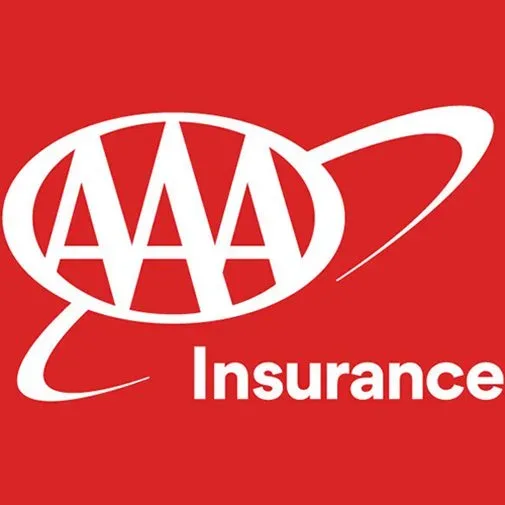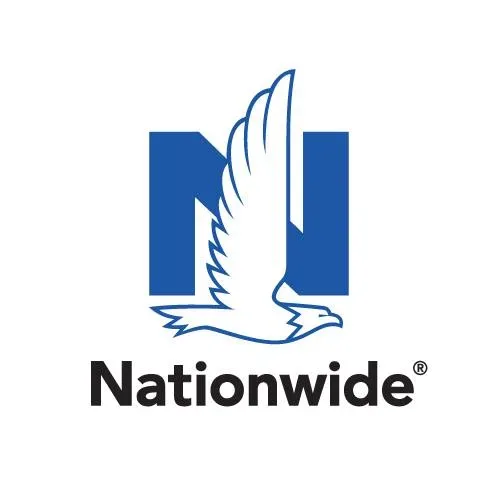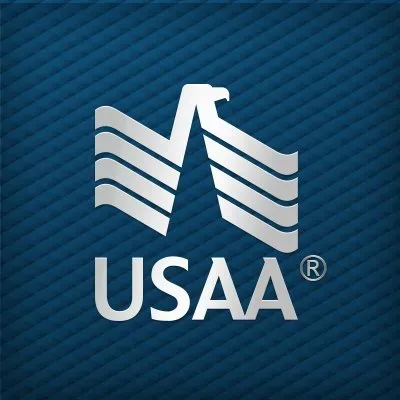Car insurance in Arkansas, like in most states in the U.S., is a legally mandated form of financial protection for drivers. Essentially, it’s a contract between you and the insurance company whereby you pay a premium, and in return, the insurer agrees to pay for specific car-related financial losses you might incur during the term of the policy.
In Arkansas, drivers are required to carry liability insurance, which covers any damage or injury they may cause to others in an accident. The state has set minimum limits for this coverage, but many drivers opt for more extensive protection. This includes collision insurance (which covers damage to your car from a crash), comprehensive insurance (which covers damage from incidents like theft or weather events), and uninsured/underinsured motorist coverage.
While it might seem like just another expense, car insurance in Arkansas is a necessary safety net. It helps protect drivers from potentially devastating financial losses, contributes to the responsibility of road users, and ensures that those injured in accidents can receive due compensation. It’s not just about obeying the law; it’s about driving with peace of mind.
You should consider several important factors before buying car insurance in Arkansas, United States. Here are some things to keep in mind:
Coverage Options: Car insurance policies offer different types of coverage, such as liability, collision, comprehensive, and personal injury protection. Liability insurance covers damages you may cause to others, while collision and comprehensive coverage protect your vehicle. Personal injury protection covers medical expenses for you and your passengers. Understanding these opportunities can help you choose which ones you need.
State Requirements: Each state has its minimum insurance requirements for drivers. It’s essential to know the specific requirements in your state and ensure that the policy you pick fulfills or exceeds them. Failing to fulfill these conditions can result in fines or other legal consequences.
Deductibles: A deductible is the amount you are responsible for paying before your insurance policy starts. When choosing a policy, consider the deductible amount you’re comfortable with, and Opting for the higher deductible leads to lower premiums. But policyholders have to pay more in the event of an accident.
Premiums: Insurance premiums are the regular payments you make to maintain coverage. When comparing policies, consider the cost of premiums from different insurance providers. Consider not only affordability but also the value of the coverage you’ll receive. Remember that cheaper premiums may offer less coverage or have higher deductibles.
Insurance Company Reputation: Research their reputation regarding customer service and the claim settlement process before selecting an insurance provider. Look for reviews and ratings from reliable sources. A reputable company will provide good customer support and a smooth claims experience when needed.
Coverage Limits: Coverage limits refer to the maximum amount your insurance company will pay your claim. It’s essential to ensure that the policy’s coverage limits are sufficient to protect you in case of a serious accident or loss. Having adequate coverage will provide you with financial security and peace of mind for you.
Additional Benefits: Some insurance policies offer additional benefits or optional coverage options. These can include roadside assistance, rental car coverage, or accident forgiveness. Consider whether these extras are important to you and if they align with your needs.
Exclusions and Limitations: Exclusions and limitations are specific situations or conditions in which your insurance policy may not use. Reading and understanding the policy’s exclusions and limitations is crucial to avoid later surprises. Knowing what is not covered will help you make informed decisions and consider additional coverage.
Policy Terms: Carefully review the policy terms, including cancellation policies, renewal terms, and potential penalties or fees. Understand the duration of the coverage and the conditions under which it may change. Knowing the policy terms will help you avoid any unexpected issues or costs.
Discounts: Many insurance providers offer discounts that can help reduce your premiums. These discounts can be based on factors such as a safe driving record, multiple policies with the same insurer, or having certain safety features installed in your vehicle. Please inquire about the available discounts and take advantage of them to lower your insurance costs.
Customer Support: Consider the accessibility and responsiveness of the insurance company’s customer support. Having a reliable point of contact for any questions, concerns, or assistance you may need throughout the process. Prompt and helpful customer support can make a significant difference when dealing with claims or policy-related inquiries.
Comparison Shopping: Take the time to compare quotes and policies from different insurance providers. This allows you to evaluate the coverage options, premiums, and benefits each offers. You can find the best coverage and value for your specific needs and budget by comparing multiple options.
Remember that buying car insurance is an important decision, and reading and understanding the policy documents thoroughly before committing is crucial. If you have any questions, contact the insurance company for more details.












